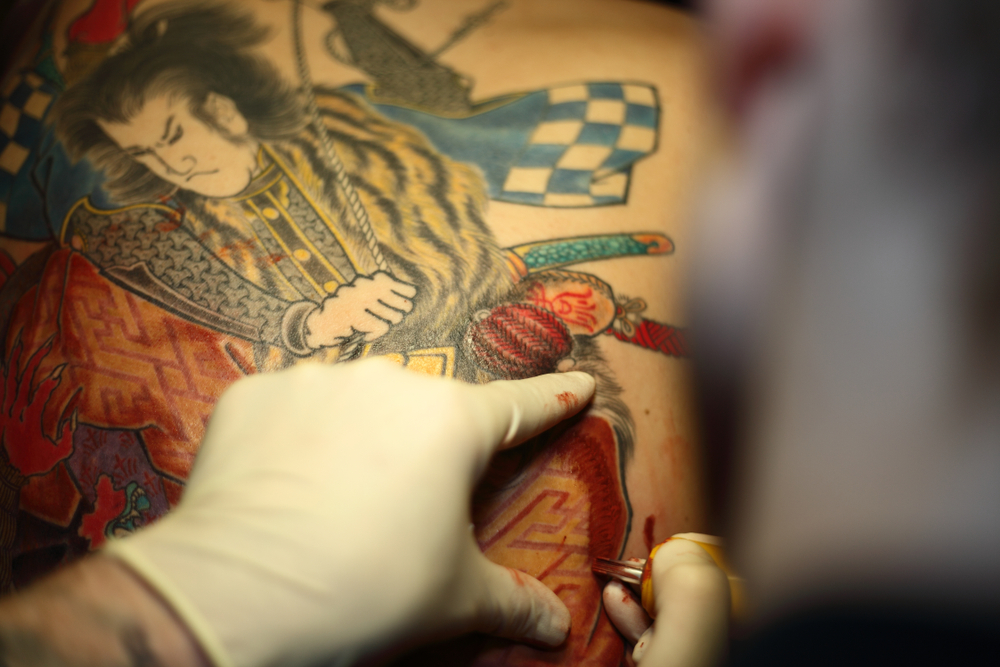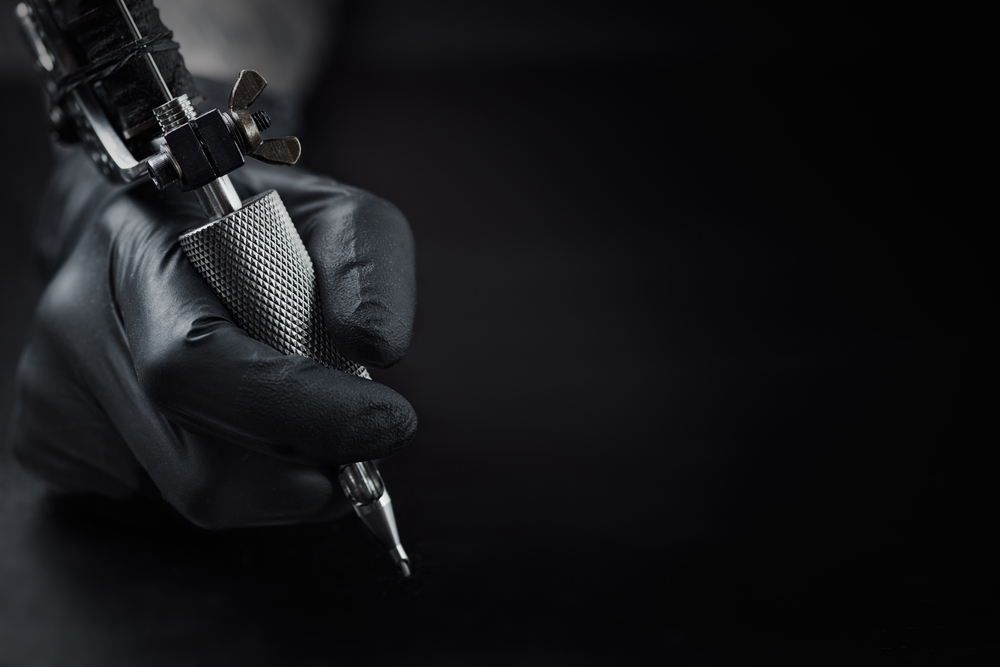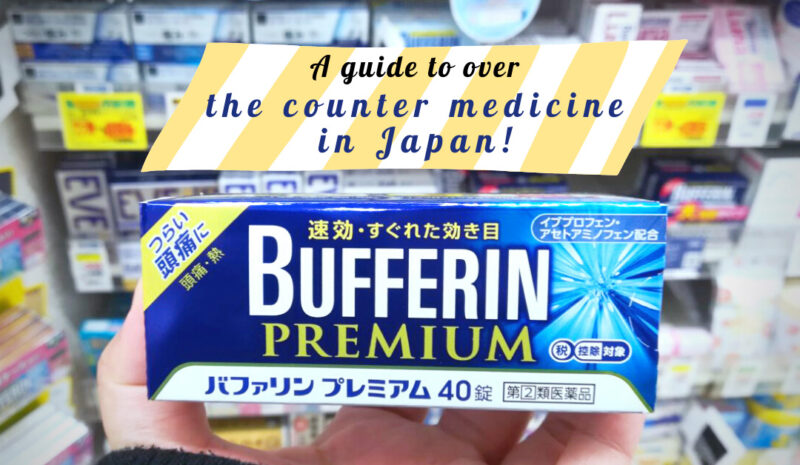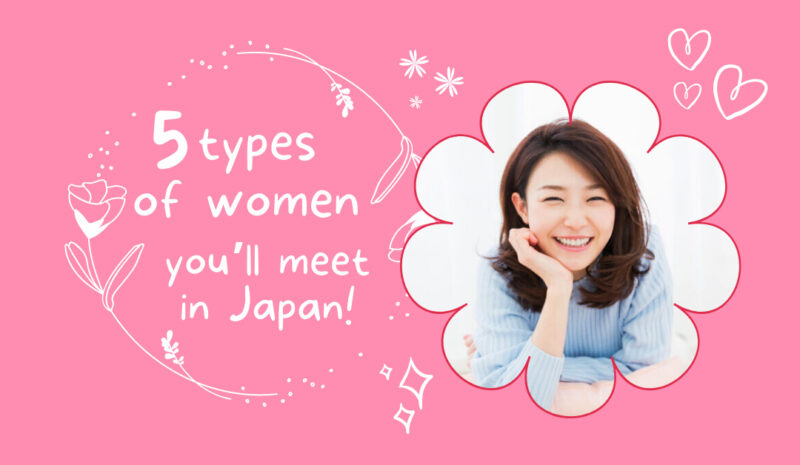Why are tattoos still taboo in Japan?
Nov 23, 2019
Unlike other countries, tattoos are still considered a taboo in Japan and have a negative impression. Indeed, tattooed people are prohibited from entering public facilities like hot springs and swimming pools in Japan.
In addition to hot springs and swimming pools, other public facilities like gyms and ryokan (Japanese-style inns) also prohibit people with tattoos to enter.
Today we’ll give you an insight into the tattoo culture of Japan, including the historical reasons why tattoos are still considered as a taboo!
Tattoo culture in Japan

Tattoos are considered as fashion items in other countries, but in Japan, tattoos are considered as a taboo and have complicated historical and cultural background.
There are two different types of tattoos in Japan: Japanese-style tattoos called Wabori and Western-style tattoos called Youbori.
Wabori tattoos are parts of Japanese culture and inspired by Buddhism and Shintoism, and most of them have motifs of legendary creatures and Gods of Buddhist and Shinto, or Japanese flowers like sakura (cherry blossoms).
In Buddhism, tattoos are considered as a symbol of loyalty to the Buddha, and in the Edo period many Buddhist monks tattooed their bodies with Buddhist teachings. These tattoos are also considered as protective charms against danger and evil spirits.
Reasons why tattoos are taboo in Japan

Actually there are several reasons why tattoos are taboo in Japan.
Back then in the Edo period, tattoos were used to mark an inmate, with a purpose to distinguish them from ordinary people. Though each region marks their inmates differently, most of the tattoos were painted on the forehead or arms of prisoners.
These days, tattoos are also used by Yakuza members (Japanese gang members) to show their loyalty, devotion, and sacrifice to the organization. The body of a Yakuza is usually covered by an enormous Wabori tattoo, and the bigger the size, the bigger the sacrifice they’ve made for the organization.
Are tattoos illegal in Japan?

Since places like hot springs, swimming pools, public beaches, gyms, and ryokan banned tattoos from their area, many of us think that tattoos are illegal in Japan, but they’re not.
Tattoos are not illegal in Japan, and only doctors and licensed tattoo artists can tattoo your body.
Though tattoos are legal, tattooed people have limitations when on vacation or living in Japan since only few of those public facilities allow tattooed people to enter the facilities.
If you have tattoos, please find hot springs that explicitly allow people with tattoos to enter, or book a private hot spring at the ryokan!
Also, it is more difficult for you to get a decent job with tattoos if you live in Japan, because most companies don’t accept tattooed people to work in the company.
Though tattoos are still taboo in Japan, many public facilities started accepting visitors with tattoos recently.
To keep you updated about the tattoo culture of Japan, please stay tuned as we’ll write a feature covering public facilities accepting visitors with tattoos in the near future!





